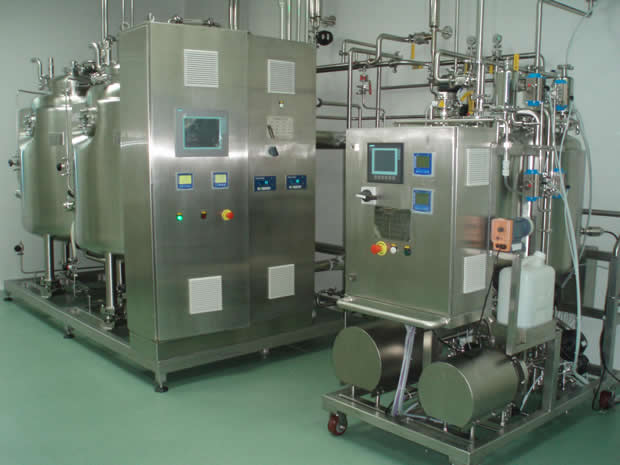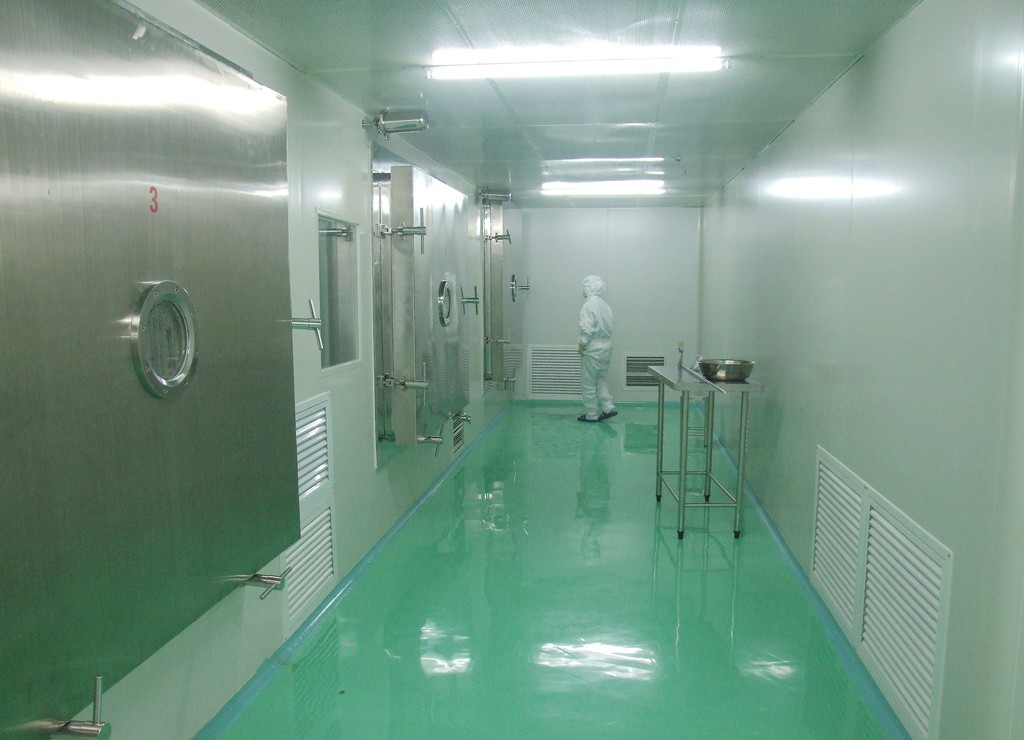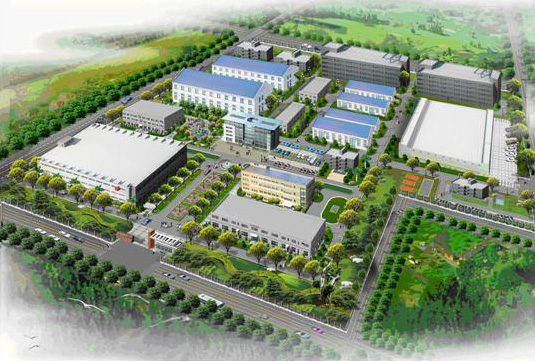- Clean Room
- HVAC System
- Water for Pharmaceutical Use
- Sanitary Distribution Piping
- Solution Formulation System
- CIP/SIP System
- Control System
- Tablet Production
- Capsule Production
- Powder Vial Production
- Liquid Vial Production
- Oral Liquid Production
- Eye Drop Production
- IV Solution Production
- Cream/Ointment Production
- Soft Gelatin Production
- Pilot Production
- Ampoule Production
Pharmaceutical companies have had their eyes on the 1.3 billion Chinese market for several years following a number of developments. The main factors drawing pharma investors are its rapid economic development over the last couple of decades and its acceptance into the World Trade Organization (WTO), combined with an aging population and rapid urbanization. With normal aging and lifestyle changes have come a higher incidence of diabetes, osteoporosis, cancer and other diseases.
In 2009, China's government announced plans to invest around $200 billion on reforming its health care system. A major component of the plan was to extend health insurance coverage to 90 percent of the population by 2011.
Traditional medicine including acupuncture, herbal treatments and related healing methods are still common in China, but growing affluence has allowed many Chinese to pay out of pocket or pay high insurance deductibles to gain access to innovative Western medicine. The government's health reform initiative is aimed at reducing the disparities in health care that exist between more affluent urban and poorer rural citizens.
Size of Market
Financial, industry and marketing analysts that study China's pharmaceutical market suggest significant and rapid growth in the sector.
According to IMS Health, the Chinese drug market could grow 22 percent a year, reaching about $115 billion in 2015.
Opportunities
China's market reform has led to the introduction of commercial insurers and more affluent citizens who are able to pay for innovative Western drugs.
According to BMG, China needs new drugs to treat higher than average incidences of hepatitis B and neck and head cancers. China also has growth potential for drugs to treat arthritis, diabetes, osteoporosis, high blood pressure, high cholesterol, depression and HIV/AIDS.
The health reform initiative called for the creation of new community health centers in rural areas. "The government is...looking at different ways to supply the drugs and make them available to the general public,” through the health centers, stated IMS Health's Mandy Chui in a podcast. Many Western firms are finding entrance into the market through partnerships with domestic pharmaceutical companies, government projects or non-governmental organizations (NGOs). The government welcomes initiatives that “make drugs more affordable and available” to more people, said Chui.
China Market Challenges
China has a centrally controlled, state-owned regulation and distribution system. As in most new markets, learning how to maneuver through a new and complex system requires a significant outlay of time and staffing.
In the past, companies have shied away from introducing patented drugs to the China market because of its weak intellectual property (IP) laws. Historically, many new drugs introduced in China have been copied and sold as generics. According to Boston Consulting Group, some patent-protected drugs introduced in China have been copied and sold as 40 different generic versions.
China acceded to the WTO in December 2001, and by so doing signed on to global IP agreements and other trade laws requirements. The universal adoption and enforcement of IP will take time. Similarly, the reduction of import tariffs can take many years to fully implement.
Companies
Several of the largest pharmaceutical companies have had an early stake in the China market. For example, Eli Lilly, Bayer, Aventis, and ICI, the predecessor of AstraZeneca, have all been active in China since the late 1800s. More recently, Eli Lilly and Novartis, among others, have opened new R&D facilities in China, primarily in Shanghai.
Two of China's largest medical research testing companies -- WuXi PharmaTech (Cayman) Inc. and ShangPharma (SHP) Corp. -- may be takeover targets by large pharmaceutical firms hoping to stake a claim in China, according to a February 2012 report by Bloomberg.
Companies that service the pharmaceutical industry such as IMS Health, which aggregates and sells health care data to pharmas, and Ipsos Healthcare, a global healthcare marketing research firm have also opened offices in major Chinese cities where they help companies maneuver through, and understand the vagaries of, the Chinese market.
Source: By Kathlyn Stone, About.com Guide







